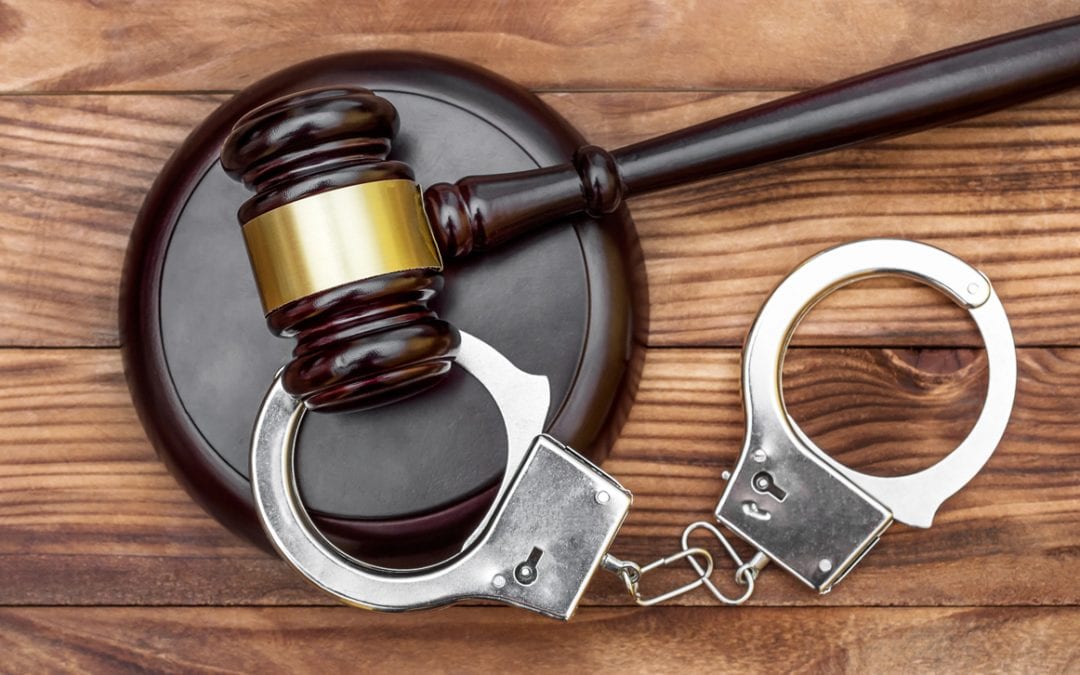
If you have been investigated or arrested for a crime, you could face consequences that can impact your life for years. A criminal arrest or conviction can make it impossible for you to land a job or rent an apartment. To avoid these consequences, you must defend yourself against your criminal charge. For this to happen, you need to work with a criminal defense attorney in Philadelphia. Although you can legally represent yourself in court, there are significant risks involved. Before you meet with an attorney, here are things you can do to prepare:
Understand the Charges Filed Against You
Your initial consultation will let your attorney assess your case and offer preliminary counsel. However, your attorney can only give you good advice if you can explain your charges. Consider bringing police and court documents with you to help your attorney understand your charges. Because of the stress of your arrest, you might not understand why you were arrested in the first place. And even if you were arrested for one reason, the prosecution may stack charges, so you will be pressured to take a plea bargain.
You need to understand your charges, so you can explain the facts that support your defense. You must help your attorney investigate the case of the prosecution and search for evidence that negates the charges’ elements or creates a strong defense against them.
Discuss What You Can Expect from the Charge
A criminal charge comes with a lot of consequences if it convicts you. You could be put in jail, required to pay fines, perform community service, face probation or parole, lose voting and gun ownership rights, as well as have a criminal record. Discuss these consequences and your goals with your attorney. This will help them plan a reliable legal strategy.
Work on the Defense
The prosecution needs to prove your commission of the crime. Failing to meet its burden of proof will result in the jury acquitting you. But, you still need a defense despite this. In general, prosecutors don’t bring borderline cases to trial. If you have been charged, this means that the prosecution has evidence to prove your guilt. Thus, you need to challenge this evidence with facts and explanations. You can evidence such as testimony from witnesses and experts as well as physical evidence to negate criminal elements or develop a defense. Before you consult an attorney, prepare a list of witnesses and assemble physical evidence.
Leave a Reply